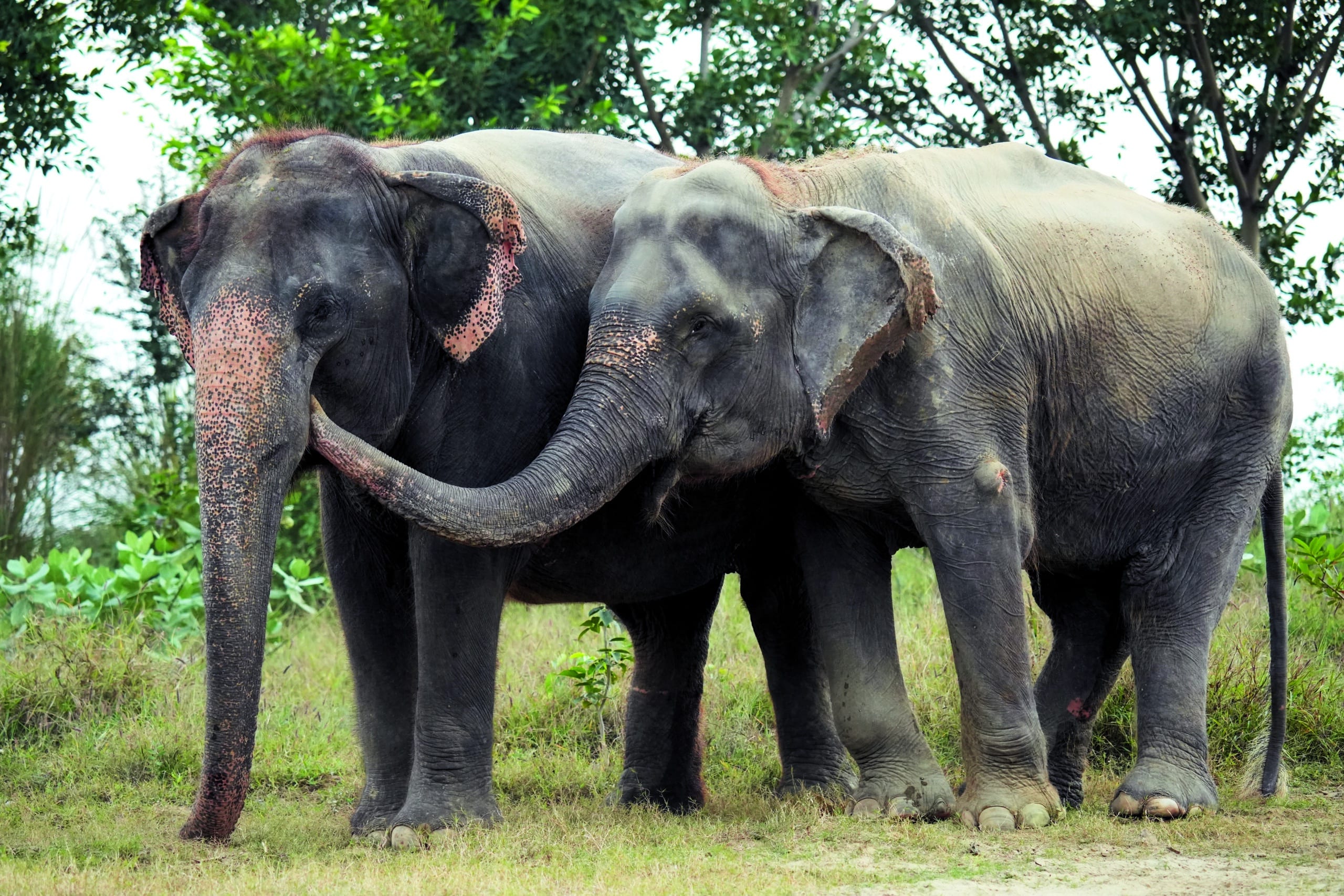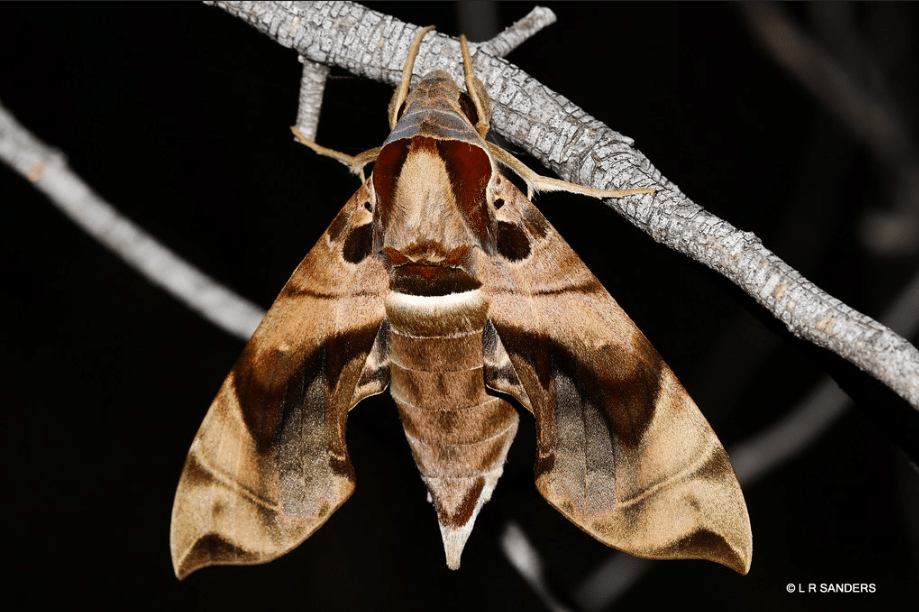You might remember Kalpana—I am happy to report that this year she celebrates her fifth rescue anniversary at Wildlife SOS. Formerly exploited and abused as a ‘begging’ elephant in Uttar Pradesh, Kalpana was rescued in 2019 and brought to the Wildlife SOS Elephant Hospital Campus (EHC) in Mathura for comprehensive...
Humane Society International (HSI) has today launched Safeguarding Australia’s Wildlife: Lessons from the 2019-20 ‘Black Summer’ Bushfires, which recommends sweeping changes to management and support of the wildlife rescue sector with a major focus on planning and capacity building, coordination, and mental health.
“We commissioned this study into the rescue and care of wildlife in the Black Summer bushfires not only to guide the development of HSI’s own growing disaster response program, but to provide broad recommendations for consideration by all stakeholders,” said HSI Australia’s Head of Programs and Disaster Response Evan Quartermain.
“The recommendations couldn’t be clearer. We need wildlife groups to be working together with governments and emergency services to drastically improve coordination, we need to build regional capacity with facilities and trained responders, and we need to look after the mental wellbeing of the volunteer responders we rely on.
HSI is already acting on the findings, investing in staff training, emergency field stations, and significant wildlife carer support, and we are now seeking to cooperate with the Commonwealth and all state and territory governments to implement sweeping changes to the way we respond to wildlife emergencies in disaster situations.”
A total of 35 organisations and individuals were surveyed for the report through in-depth interviews, with 10 case studies providing a deeper insight into the challenges faced by a cross-section of wildlife responders. Safeguarding Australia’s Wildlife makes 12 clear recommendations for how future wildlife emergency response efforts can be improved, including:
- Increased access to appropriate debriefing, trauma counselling and psychological support services for volunteers;
- Local and state government emergency and fire management plans should be enhanced to address the wildlife response, developed in conjunction with wildlife groups;
- Increased investment in mobile wildlife vet clinics should be a priority, especially in areas not close to static veterinary hospitals and clinics; and
- Paid coordination teams, suitably trained in bushfire and wildlife response, in each state and territory, should be considered as a conduit between government and organisations
“Governments have typically had non-interventionist approaches to wildlife rescue in emergency situations, but considering the immense levels of suffering we witnessed during the Black Summer and that anthropogenic climate change and land management practices are key drivers of fire frequency and severity, societal expectations around intervention have changed considerably,” said Mr Quartermain.
“While there have been very welcome recommendations in reports from the Black Summer bushfire Royal Commission and others, wildlife continues to get less attention than it clearly desperately needs.”
The report is resonating with the wildlife care sector, which frequently cites a lack of coordination and resourcing as areas in need of drastic improvement. As the largely volunteer-led sector is increasingly relied on for the rescue and rehabilitation of wildlife in both emergencies and everyday situations, the need for more mental health support has also risen to the top of the sector’s needs.
“The findings of this report ring true for the dreadful experience we went through last summer. It clearly highlights the need for improved coordination, resources and support—I really hope that key agencies work with HSI to implement the recommendations to improve the response in future disasters of this scale impacting our wildlife,” said Southern Highlands wildlife carer Justine King, Operations Manager of Dimmocks Retreat Wildlife, NSW.
“The Safeguarding Australia’s Wildlife report confirms our anecdotal evidence that wildlife workers and volunteers have suffered deep psychological wounds that require specialist debriefing and ongoing counselling support. Since Boxing Day 2019 WildTalk has taken over 400 calls from this amazingly selfless cohort, and disturbingly there has been an increase in reports of suicidal thoughts as a result of habitat destruction and a continued lack of funding for the sector,” said Frances Carleton, founder of WildTalk—an organisation that provides mental health support for wildlife carers across the nation.
To read the full report click here.
For images of wildlife in care click here.


